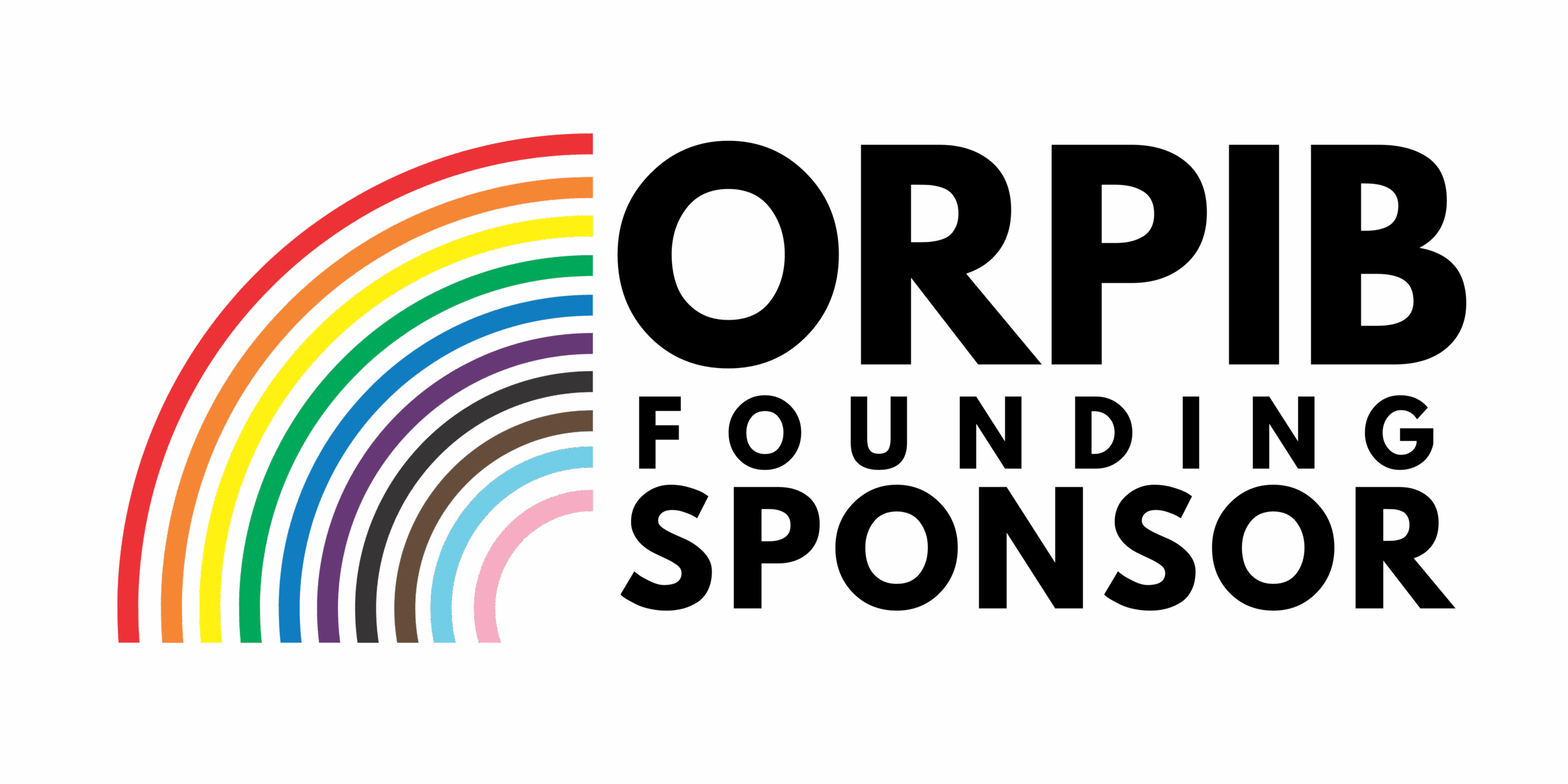Treating Clients Who have Experienced Concussion
Evidence-Based Practices for Psychologists & Counselors in General Practice
with BJ Scott, PsyD
Over one million people sustain concussion in the U.S. each year. Most recover quickly and completely. However, a sizable minority report prolonged and/or intense symptoms and may additionally experience depression and PTSD or other anxiety as a result of premorbid factors as well as trauma from the event and stresses associated with coping with the injury. In addition, it is not intuitive what is needed for good recovery, and there is limited information available to the public about evidence-based strategies for recovery from concussion. Furthermore, it can be difficult for psychologists and counselors in general practice to know how to best support clients for good recovery.
In this workshop, a step-by-step plan is laid out for treating clients with intense or prolonged symptoms after concussion, together with examples and explanations that make understanding what happened and what is needed for good recovery more accessible to patients who may be having difficulties with concentration and memory. A variety of handouts will be made available for use in clinical practice.
In addition, for attendees who are interested in receiving referrals for patients with PTSD from the event or who are experiencing intense or prolonged post-concussive distress, there will be opportunity to provide information about your practice for dissemination to concussion professionals who may see patients earlier in their recovery.
Date: Friday, November 16th, 2018
Time: 9:00 AM – 1:oo PM
Location: Portland Mental Health & Wellness, 3050 SE Division St., Ste 225, Portland, OR 97202
Fees:$75
BJ Scott is a rehabilitation neuropsychologist at the inpatient Rehabilitation Institute of Oregon (RIO) at Legacy’s Good Samaritan Hospital. She is also the acting Clinical Director of the outpatient Concussion Clinic at Legacy Emanuel Medical Center. She completed a rehabilitation-focused internship at the Missouri Health Sciences Psychology Consortium, and a two-year neuropsychological rehabilitation fellowship at Shepherd Center, an inpatient/outpatient spinal cord and brain injury rehabilitation center in Atlanta, GA. Before leaving for her current position, a “dream job” for a rehabilitation neuropsychologist, Dr. Scott obtained tenure at the School of Professional Psychology at Pacific University, teaching a variety of classes on assessment and rehabilitation psychology and supervising clinical and research work in these areas. She continues to supervise students in health, rehabilitation, and neuropsychology at Legacy Health. She has presented on recovery from concussion in a variety of settings, including at a past Oregon Psychological Association conference and at a conference of the American Psychological Association.
Learning Objectives:
-
Participants will be able to describe what occurs in a concussion or mild traumatic brain injury (mTBI), and how this can lead to emotional, cognitive, and physical symptoms.
-
Participants will be able to identify exacerbating factors that interfere with good recovery from concussion, including other injuries and pain, emotional distress, doing too much during the early stages of recovery, doing too little during any stage of recovery, and insomnia.
-
Participants will be able to identify and prioritize targets for intervention in psychotherapy, as well as specific behavioral skills to reduce distress and support good recovery.
-
Participants will be able to identify at least three evidence-based strategies after concussion for use in behavioral treatment of PTSD, depression, stress management, pain, poor sleep, pacing, and cognitive difficulties.







